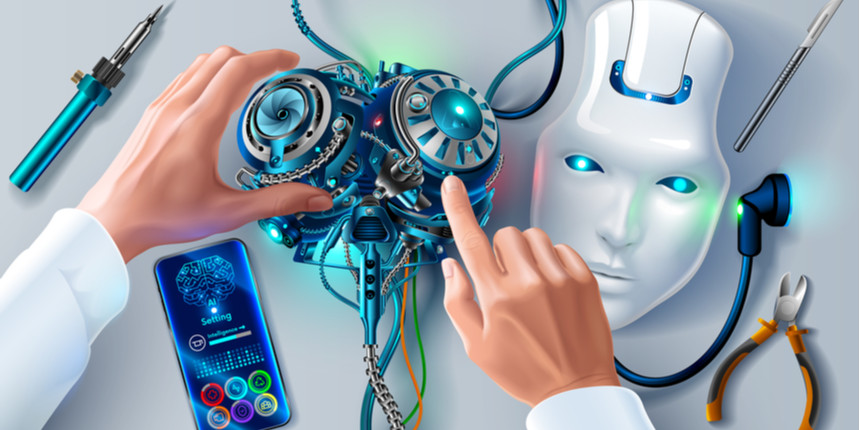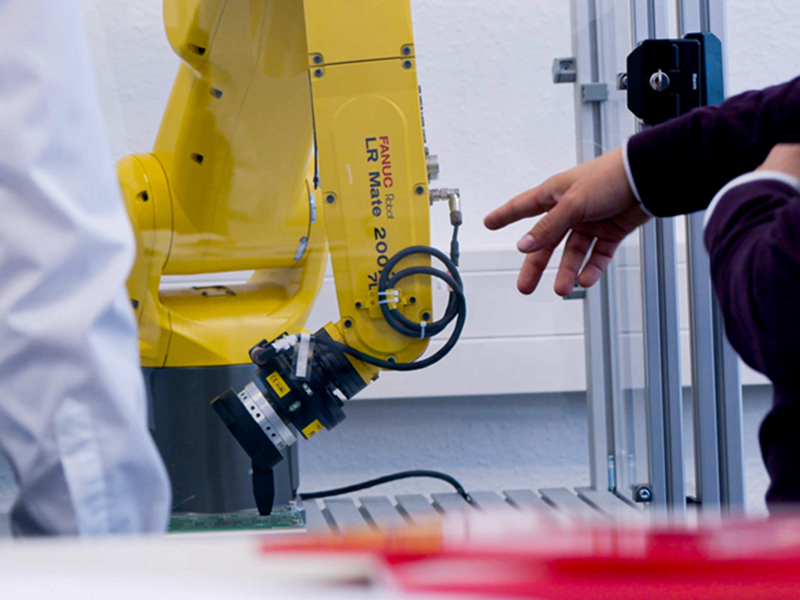How can AI be efficiently integrated in pedagogical practices and curriculum. What are some present technology being utilised for the same in education and how can it be improved in the future?
The widespread adoption of automation and robotics in the Indian manufacturing sector brings significant socio-economic implications. On the one hand, increased efficiency, productivity, and quality of goods can enhance India's global competitiveness. On the other hand, the displacement of unskilledRead more





AI's integration into pedagogical practices and curriculum can enhance education through personalized learning, data-driven insights, and administrative efficiencies: 1. **Personalized Learning**: AI adapts learning experiences to individual student needs by analyzing their learning patterns and perRead more
AI’s integration into pedagogical practices and curriculum can enhance education through personalized learning, data-driven insights, and administrative efficiencies:
1. **Personalized Learning**: AI adapts learning experiences to individual student needs by analyzing their learning patterns and performance. This allows educators to tailor content and pace, ensuring each student receives targeted support and challenges.
2. **Data-Driven Insights**: AI analyzes vast amounts of educational data to provide actionable insights for teachers and administrators. It can identify areas where students struggle, predict learning outcomes, and optimize teaching strategies based on real-time feedback.
3. **Technology in Use**: Present technologies include AI-powered tutoring systems, adaptive learning platforms, and automated grading systems. These tools assist in content delivery, assessment, and student engagement.
4. **Future Improvements**: AI can be enhanced by refining algorithms for more accurate student assessments and feedback. Integrating AI with virtual reality (VR) and augmented reality (AR) can create immersive learning experiences. Moreover, ensuring AI respects student privacy and fosters equitable access to technology is crucial.
5. **Administrative Efficiency**: AI automates administrative tasks like scheduling, grading, and resource allocation, allowing educators to focus more on teaching and student interaction.
By leveraging AI’s capabilities in these ways, education can become more effective, engaging, and inclusive, meeting the diverse needs of learners and preparing them for a rapidly evolving world.
See less